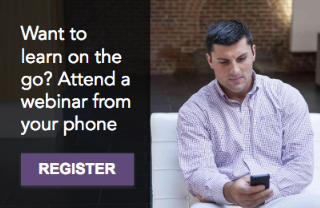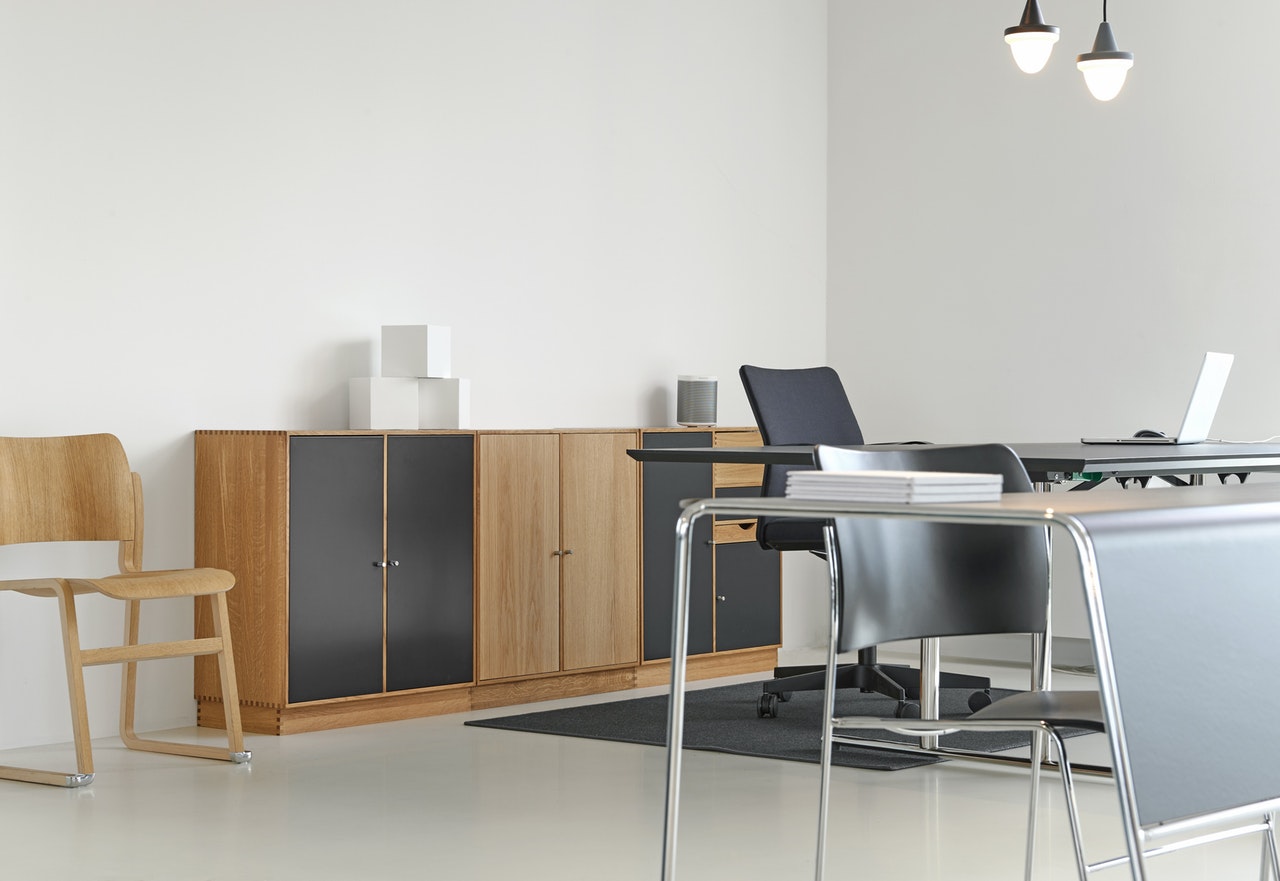We welcome back David Mazzocco from the Wharton School at the University of Pennsylvania. David is a sustainability expert and in part one he talked to us about the problems faced implementing sustainability initiaitves in a large organisation. This time we talk about mentality and short cuts to success- in the face of obstruction!
David shared his eagerness to introduce more recycling and reuse into the campus, and when we finished part one of the interview. We are going to look at sensible decision making and working with trade unions.

How have you seen mentalities change around sustainability over time?
“When I got involved in this stuff years ago, it's interesting actually having ended up in a business school, I always saw businesses as kind of the enemy in a lot of regards because you would see that they were producing things that were constantly sucking down resources that they couldn't use, or materials that you couldn't do anything with after the fact, or pollution issues, or this long list of stuff.
Then this whole model, the societal model that we're utilising in the west that's starting to be mirrored everywhere else around the world, this extract , make then dump ..take, make, waste thing, that's a relatively new model in terms of society. It's only 50, 60 years that this has kind of happened, and businesses are the ones that created it. It's not our normal model. We started to look towards businesses to change that thing, supporting the concept of thecircular economy. If it's out of choice for people, it just “is”, and the business has already taken it on as a good approach, then you kind of solve that problem without having people or needing them to think about it.
A good example. We work a lot with a carpet manufacturer for our flooring in Wharton. 20 years ago they had their "A-ha" moment, they realised that their company was a big part of the problem, petroleum based products, carpet makes up an incredible amount of weight per volume in the country's landfills and that sort of thing. They realised that there was an issue, so in 1996 they made a pledge to be carbon-neutral by 2020 and to make products that weren't adding negative impact on the environment. They've not only done it ahead of schedule but now they've also increased their profit and shown that you can have a fully sustainable model without killing your business.
People now are walking around all these Fortune 500 people that come to conferences and stuff here are walking around on carpet that's made of recycled material, the company takes it back and recycles all of it into new product, none of it ever ends up in a landfill, it doesn't use petrochemicals, and that sort of thing. It just is a great model which needs to be repeated.
I think as we start having those kind of conversations, if it just becomes part of the everyday, then that haste makes waste policy that we already have starts to change over to something that's more doable. If you try to keep convincing each individual person that it's the right thing to do, we're not going to get anywhere. I mean, the message is lost, and even I get annoyed by the message and I'm involved in this work.
How can you introduce sensible decision making to an organization?
“I travelled to Namibia a year or so ago, and I saw a very interesting advertisement there with their power company. Namibia was part of South Africa and is a relatively new country and they still depend on South Africa for a lot of their energy production, I think over 85% or something like that. Namibia did some calculations and they realised, and this is what the advertisement had, was that 3% of Namibia's solar potential would be enough to power all of Europe, so they could provide all of Europe's electricity needs with only 3% of their solar potential.
That was another one of those kind of moments where like, we can create a whole business model and a whole society based off of what we have that's renewable and make us part of the world player now instead of a country that nobody really has heard of before. Make us independent, not dependent on others for our own resources and our own well being. You just start playing that angle and just doing it because you can, it starts to have powerful consequences.”
These no-brainer ideas are often slow to be implement though, why do you think that is?
“When you involve economics and a lot of big governments and big business people and that sort of thing, people are thinking, in the end the human condition is risk averse. They just don't want to do away with what they know well, even if it may not be the best way or the most efficient. I think that's where you need to show more examples like that, like the carpet company , that not only they are doing better but they're making a lot more money than if they stayed with the other model. It took time, it does take time, but it can be done.”

What about on a smaller scale, like at the university? When there’s a no-brainer decision to be made, what barriers get in the way?
“Philadelphia is a very trade union heavy city. It's one of the strongest union centres in the country. That's always been our biggest challenge. My early career was as an architect and when I would work with clients, especially those that were within the city, those that you would want to try a new technology with, you would instantly have the union of the technology you were trying to do away with come and be in your face to tell you that you're taking away jobs, and that it can't be done.
That has happened on a micro level here at the university, because we do have a central facilities department that staffs workers and carpenters and steam fitters and all that kind of stuff that's in place. It's a combination of that and it's a combination with, we're about a 250 year old, or a 200 year old campus, and a 250 year old university, which is old for US standards. The infrastructure that's in place, a lot of time and money has been invested in that over the years that's very hard to change over.”
Have you got any tips for our readers for how to work with trade unions to get ideas implemented quicker?
“Yeah. So, a few years ago. One of the biggest issues in the city was trying to put in waterless urinals in restrooms. That was one that they were like, well, you're taking away piping and that could be work that they're doing, so we're not going to accept it. They managed to lobby the building code officials to not accept it.
There's an organisation within the city called the Delaware Valley Green Building Council, it's a local chapter of the US Green Building Council, and we did a lot of educational programmes through there working with tradespeople and everything to kind of educate them on what the future of plumbing systems could be if you start to accept that. So yes, we're taking away piping from urinals, but if you did a greywater system, now you have twice the piping in the building than you would have had before, and you have twice the work, so you're adding jobs. Or cisterns, or what have you.
If you start to think about it more holistically rather than one specific problem, you can see where green technologies would be a benefit to the future of your trade. That's worked, it started to sway them a different direction, and we've done that with quite a number of other trade groups too.”
Final question. What’s one thing you’d like to improve right now?
“Just outreach. Getting through. Getting the message across, yeah. It's kind of like, what I talked about on a grand scale, if I can do it on a smaller scale and just make it be, just make it part of the everyday, so that people can do their jobs and not even have to think about it. I think that's our direction, and that's a good challenge.”
Thankyou David for being so generous with your time and sharing your insights. I am sure our readers will get a great take home from this two part blog post.
Missed the first one? It's right here.
Want to know more about reuse and implementing sustainability inititives? Why not check out our forthcoming web sessions?









